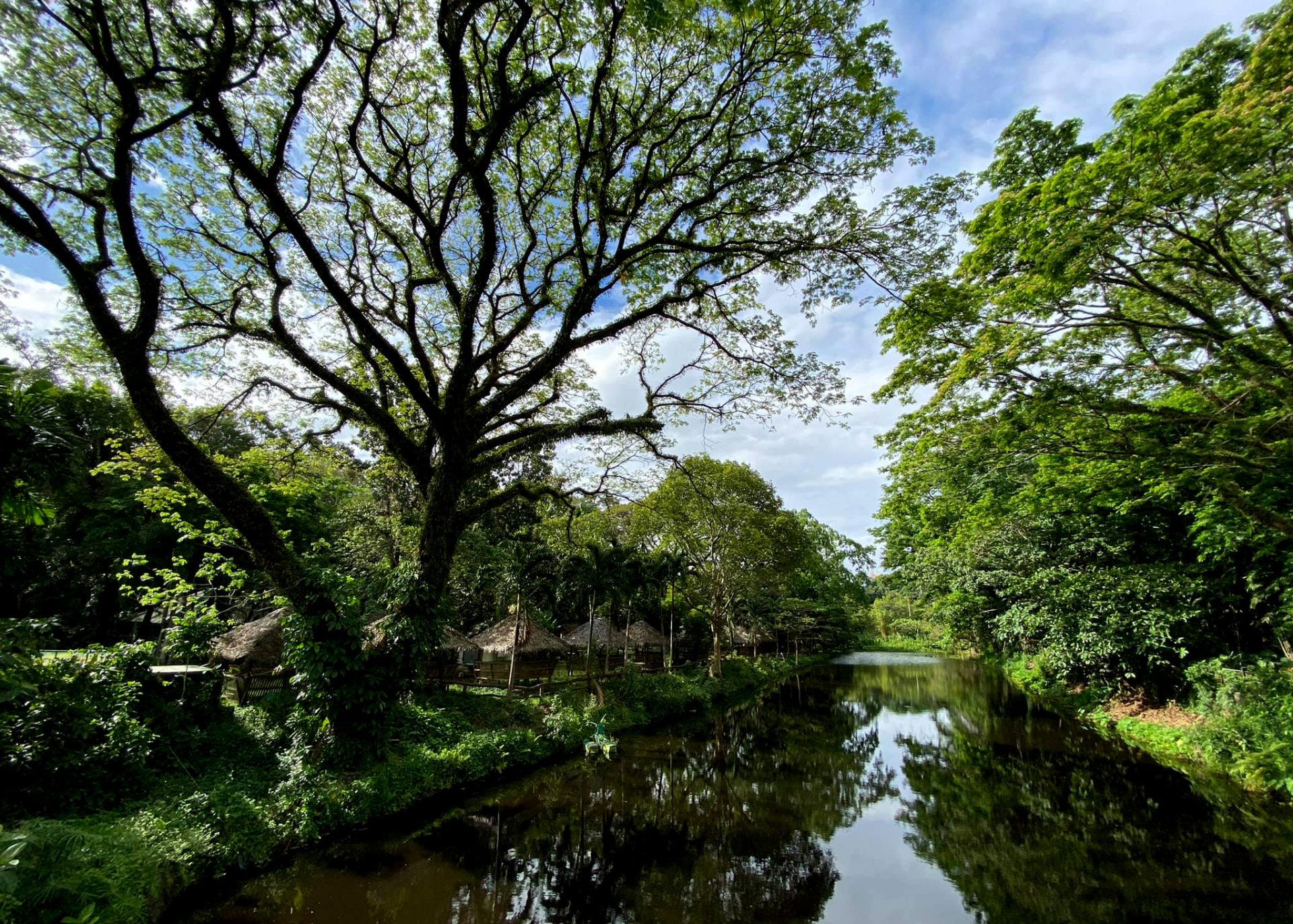It’s Earth Day. For most of us, today’s the only time we remember the world around us, our Earth, our home.
For many, life and time move like “shooting stars” — here one moment, gone the next, so fleeting, leaving no trace on the horizon.
When we were young, we always wondered where shooting stars go.
We were also fascinated, and sometimes afraid, with lightning. Lightning kills. We’ve seen trees, houses and lives destroyed because of lightning.
We were afraid of fleeting moments, of passing fancy, of short or shortened lives.
We’ve always wondered what meaning there is for people whose lives are cut short either by poverty, sickness, war, or accidents.
How does it feel to pass this world like lightning, for just a moment, like a shooting star.
When we were young, we thought that the seasons for rains and typhoons and storms come and go.
These days, however, lightning, storms and floods bring more deaths, more lives lost, lives forgotten, like dying stars, falling.
Unlike some politicians with a vision to live and reign in the next 100 years, if not forever, it helps to remember that we, ordinary mortals, are just passing by, like “shooting stars,” like lightning. Here today, gone tomorrow.
So is our world, our Mother Earth.
Today, let us spend some moment to ponder what we’ve done to our environment. Let us feel the heat of the sun due to the El Nino, the lack of water as our rivers dry up, remember the deaths brought by floodwaters, the disasters brought by nature, the stupid things that we did that led to the death of nature and our own deaths.
Experts say the Earth’s temperatures are rising, the polar ice is melting and threatening hurricanes, the ozone hole is yawning.
What to do? Bend down and kiss our butts goodbye.
That for sure will happen in the next hundred or so years if we don’t care enough about the world around us.
As we mark another Earth Day, let us go beyond the concerts and the tree planting and the speeches and programs. Let us do more, starting with ourselves, with the lives we daily live, the food we consume, the transportation we use, the papers we read.
And to leave a smile on our faces, let us share some light moments with our beloved, maybe under the sky as we wait for lightning or a passing star.
Let us hold someone’s hand in the dark and maybe share a kiss under the guava or mango trees with only the butterflies for light.
Life can be romantic, and economical. Yes, if only if we can do it in the middle of the city.
Jose Torres Jr. is editor-at-large of LiCAS News.







